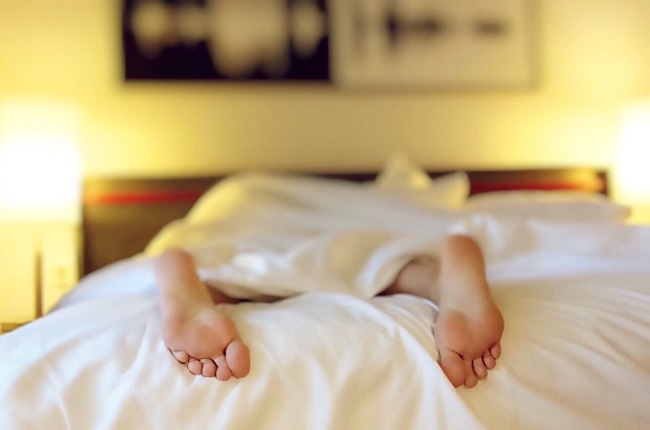Morning routines are different from person to person, and hundreds of factors influence when we go to sleep, or when we wake up, as well as the way we prepare for bed or the day ahead.
New insights from a study commissioned by Best Mattress Brand, however, reveal that one factor that comes into play is a person’s job – specifically the industry they work in, as well as their income and how happy they are with their jobs.
Post-alarm: average number of minutes people stay in bed
The industry you work with can and will be an influence on your need to lie in bed after the alarm sounds.
Regardless of when you need to be at work, you’re going to set an alarm depending on how long it takes you to get up, get ready and get to your workplace. These times are often influenced by factors such as the stress you have to endure, the type of responsibility you have and the way each one of us decides to face the day ahead.
Retail workers stay in bed an average of 10 minutes after the alarm rings, whereas people with jobs in industries like arts, entertainment and recreation are the ones who stay in bed the most at 14 minutes. Those who stay in bed the least post-alarm typically work in more manual jobs such as transportation and warehousing (8 minutes), homemaker (8 minutes), construction (7 minutes) and manufacturing (7 minutes).

Medical and healthcare, finance and insurance and technology all stand at an average of 11 minutes of lying-in bed after the alarm. Workers in government and public administration, education and wholesale are similar to retailers, taking an average of 10 minutes.
Another factor that makes people lie in bed the most is the satisfaction they have toward their jobs: Those who are less happy remain in bed the most (11 minutes), versus those who are happiest at work (9 minutes).
Forty percent of men and women said that the one factor that influences how long they stay in bed is the temperature of the room, followed by 34 percent who named lighting as the reason, weather (10 percent) and the mattress quality (8 percent).

Average number of minutes it takes to get ready in the morning
Another factor that comes into play is the time it takes you to get ready in the morning. This primarily depends on the environment you work in, since some jobs require more maintenance than others.
Government and public administration workers take the longest to get ready (42 minutes), while those working in transportation and warehousing take the least (33 minutes). Retailers fall about in the middle, averaging 36 minutes to get ready in the morning.

“The data, which are the results from a survey conducted on 1,060 people, shows clearly that what you do for a living will influence your morning routine,” notes a Best Mattress Brand spokesperson. “And while these are not necessarily the number-one reason for the way we act a certain way once awake, it … shines a light on the way our jobs are a huge part of our life even when we’re not a work.”




